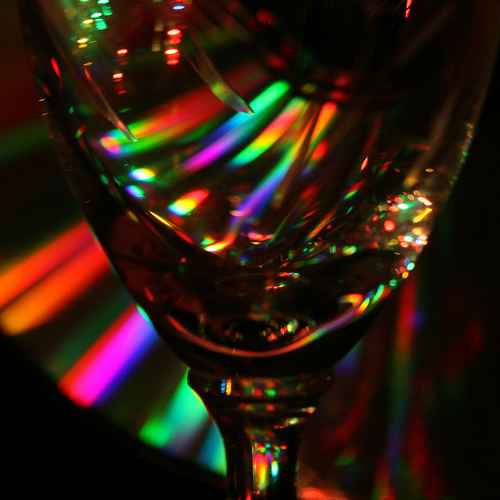FWP:
SETS
GATHERINGS: {6,3}
WINE: {49,1}
This ghazal is another old favorite, not only of mine but of Ghalib fans generally. It's one of the few early ghazals from which Ghalib chose to put every single verse in the published divan-- and it's such a long one, too! (It's also a great grammatical exercise in the deployment of the adverbial past participle, if anybody cares to think of it in that light.)
Every single first line, except that of the opening-verse, contains the word phir ; and generally the verses all speak in a mood of nostalgia, and all announce an intention of going back to the good old, bad old days of wild passion and romance. Having refused to learn from experience, the lover is ready to start all over again, even if only in his imagination.
Bekhud Mohani skirts the edge of calling it a continuous ghazal (he says it has a 'continuous theme'). It's easy to see how such an effect is created, with a powerful refrain like 'having done' [kiye hu))e] to pull the perspective along from verse to verse. It's been a long time since the speaker did this and that; it's time that he would 'again' do this and that. The result is, if not a strong narrative or thematic continuity, at least some weaker form of linkage or connection.
And certainly some of the verses don't have all that much going on in them; it feels as though they're coasting along on the momentum of their part in the larger effect of the refrain. I don't think the situation is, in terms of individual verses, at all like that of {139}; but still the charm of the ghazal is based to a quite unusual degree on its larger, framing, refrain-based context, rather than the separate appeal of every single verse individually.
In the present verse, what the lover is nostalgic for is one of those great old evening parties. The crystal glasses of ruby-red wine, as they are uplifted and waved in the enthusiasm of the moment, glow and twinkle like lamps. Needless to say, we're thinking of oil lamps, not electric ones, so the combination of liquid, flickering movement, brilliance, and fire works beautifully to connect the wine-glasses and the lamps. A chiraa;Gaa;N is also a special light-show-- just the sort of thing appropriate for the kind of evening party the lover is imagining; for more on this term, see {5,5}.
In its nostalgic (?) envisioning of a renewed plunge into
the cauldron of passion, this ghazal is also a contextual cousin of the contemporaneous and also very long {164}.
Unusually for such early ghazals, he chose to put every single verse of both into the published divan. To set the tone, both ghazals make very frequent use of phir .

Nazm:
That is, every single glass of fiery wine was a lamp. (263)
== Nazm page 263